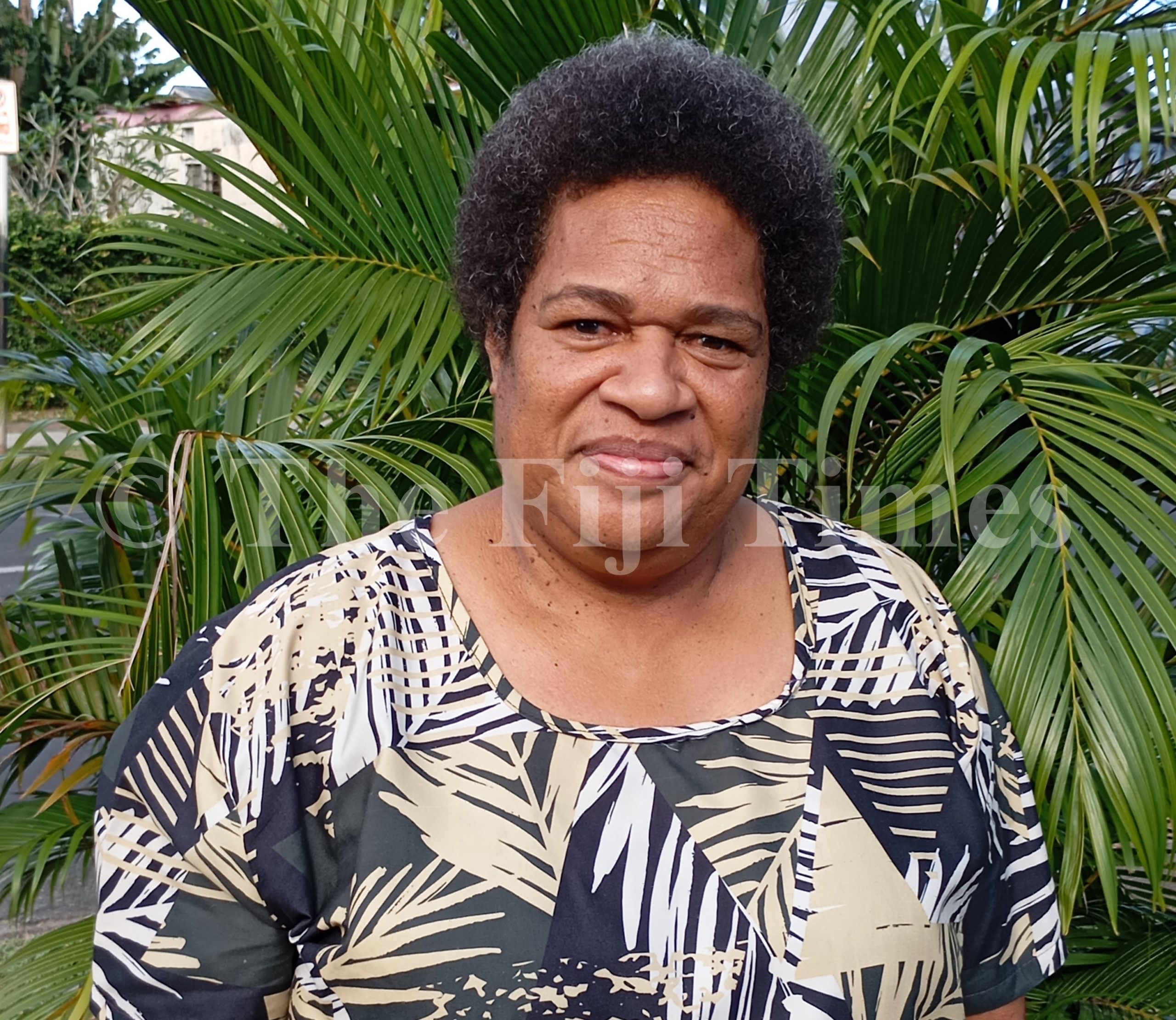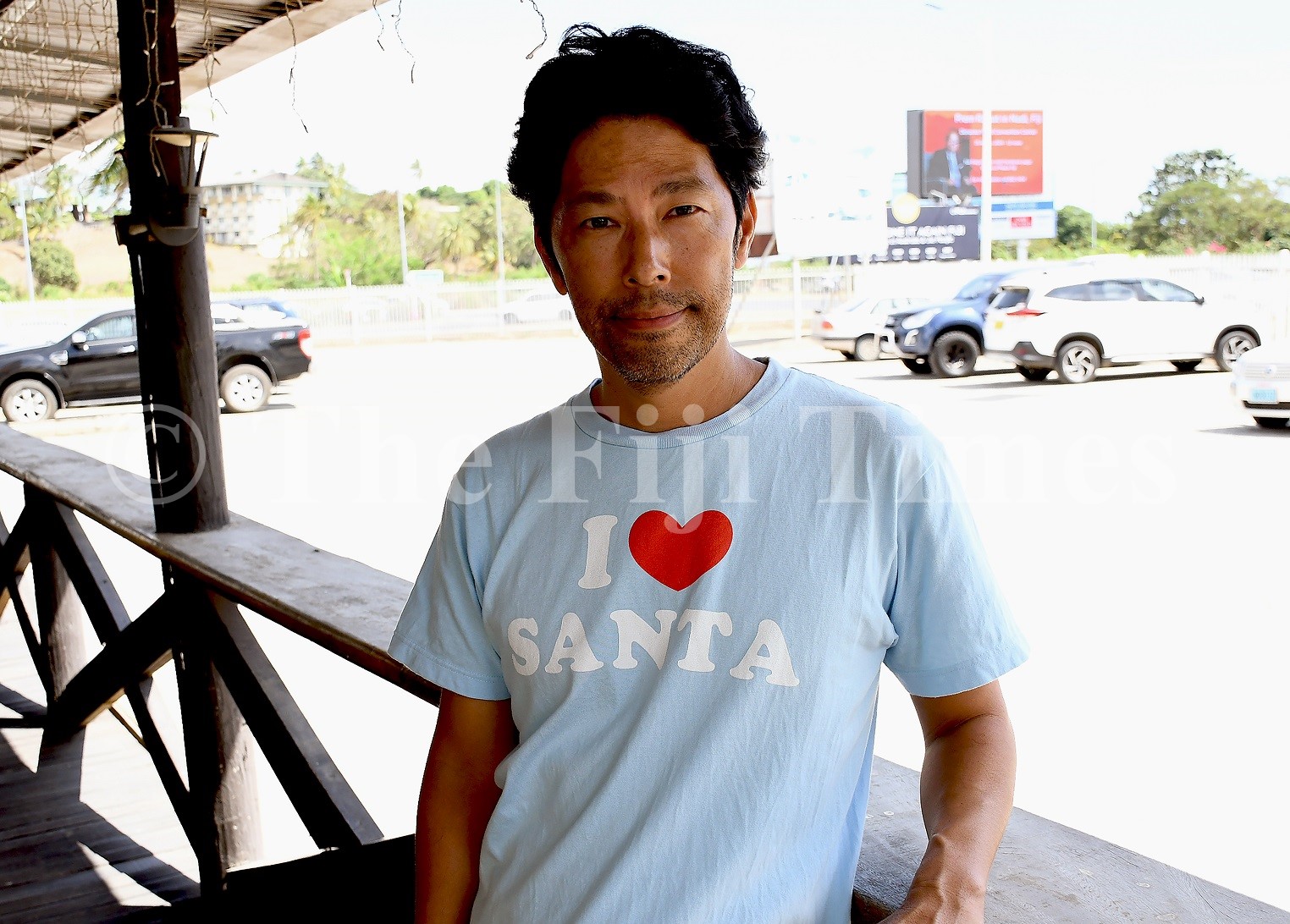As the Government moved towards selling off some of its public enterprises, concerns were raised in some quarters as to the viability of such moves, according to an article published by The Fiji Times on September 2, 1995.
Public Employees Union general secretary Filimoni Banuve said the country was not ready for such “hasty” decisions and that there was no structure in place to absorb the social consequences of privatisation.
“It’s all very well to sell this off and corporatise that, but there are no safety-nets in place to take care of the people who will lose their jobs and the financial and social effects of those job losses,” Mr Banuve said.
“We do not have a social welfare system to offer financial and social benefits to those people as is the case with countries such as Australia and New Zealand.
“You cannot just enact these privatisation moves without considering the plight of the workers concerned and not having adequate compensation for them.
“The government had not consulted the unions or the workers about its planned privatisation moves and this was particularly unfair.”
Mr Banuve was referring specifically to the planned sale of the Government shipyard and public slipway, and the possible redundancy of 320 workers as a result.
Shipyard welder Ropate Ratu feared there would be redundancies and he was particularly incensed that the workers had not been told whether their jobs were secure and what form the redundancy package would take if there was one.
“We are scared here because we don’t know what is in store for us, whether there is a job for us, whether we will be able to pay our bills and feed our families,” Mr Ratu said.
“A lot of us have worked here all our lives and have specific technical shipbuilding skills which will be difficult to take elsewhere.
“All we want is the continuity of work. We are coming to work blindfolded because we don’t know what is going to happen.
“The morale is very low for a shipyard with a high professional reputation such as this.
“We want something in black and white from the government so we know where we are heading.”
Shipyard workers tried to get the two ministers involved in the shipyard sale, Public Works and Infrastructure Minister Vincent Lobendhn and Public Enterprises Minister Jim Ah Koy, to address them directly, and they had finally succeeded.
A meeting was held on September 12 with the two ministers, representatives of the Public Enterprise Union and the Fiji Public Service Association.
A 500-member protest rally organised by the union and the FPSA under the umbrella of the Fiji Trades Union Congress was held in Suva in August against the privatisation issue.
Mr Ah Koy said he could not give the workers any information about their job security or possible redundancy packages because he did not know himself what form the restricting process would take.
“They are to re-employed or deployed, and if it comes to it — made redundant — but in that order,” Public Enterprise Unit manager Vic Huddleston said.





